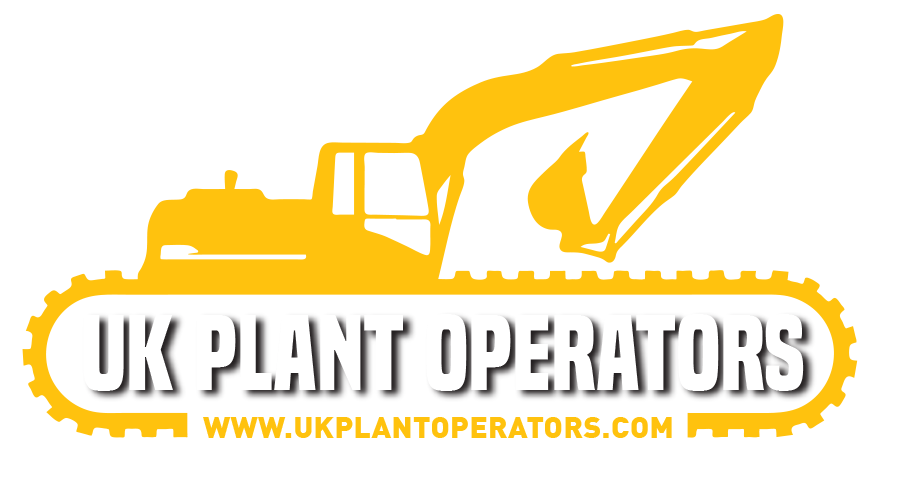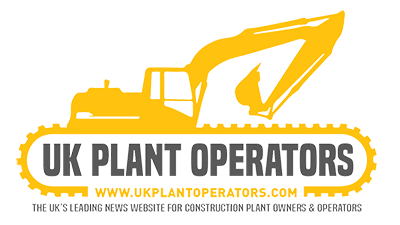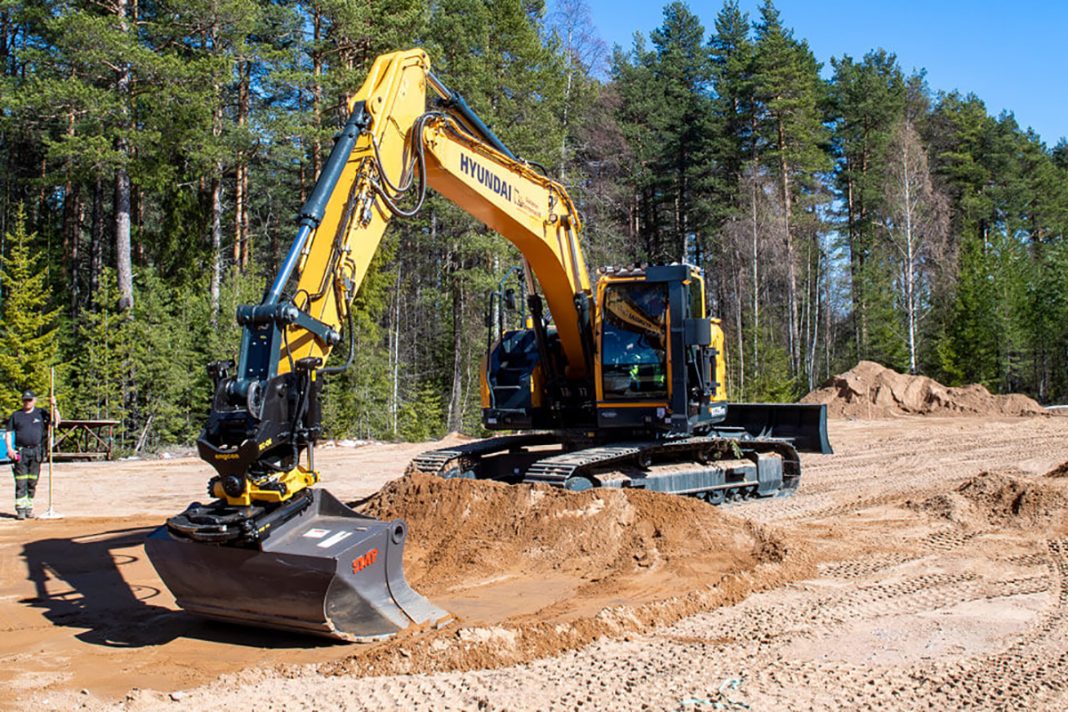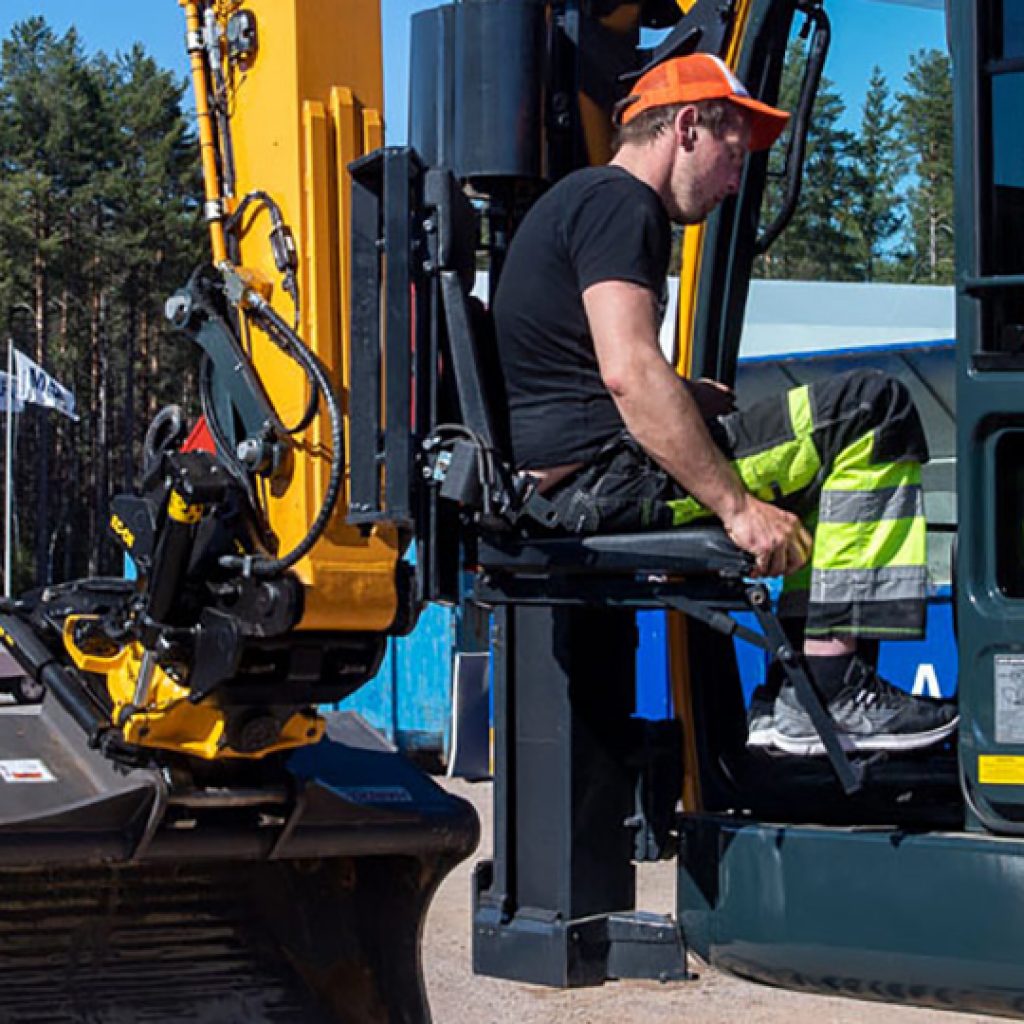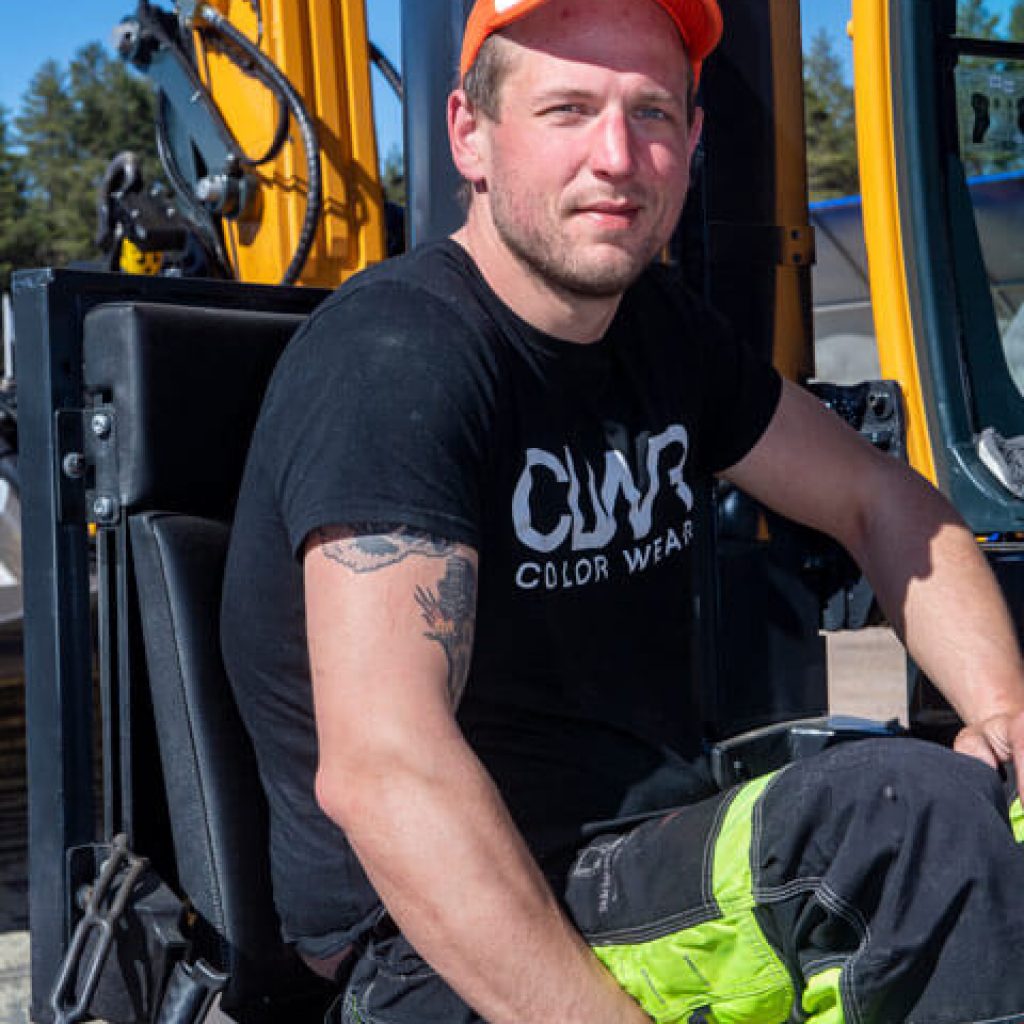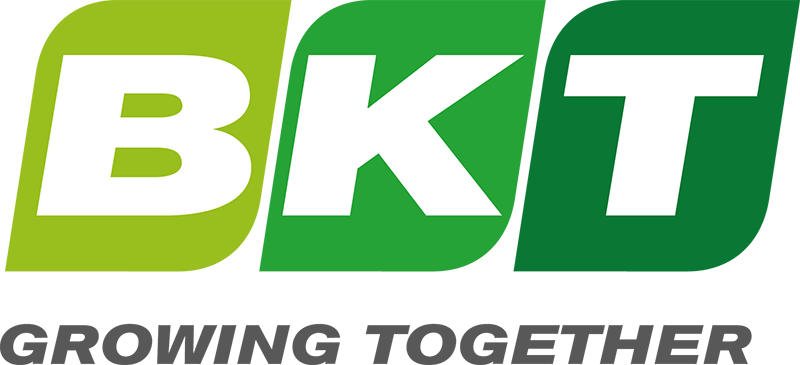![]()
When EMS Sweden, Swedish Hyundai general agent posted a picture of a heavily modified Hyundai HX235LCR crawler excavator online, Hyundai decided to contact it’s operator, Patrik, to answer some of the many questions that arose about what kind of accessories and modifications were visible in the images.
Some backstory: As the result of an accident in 2011, excavator operator Patrik has been paralyzed from the chest downwards. Understandably, under these circumstances, mounting and operating his excavator became near impossible.
Doubt and determination
After the accident, Patrik obviously felt doubts about, and how, he would be able to work again. “I drove a forestry machine before, but in the forest it is bumpy and difficult to drive. My brother drove an excavator and said “of course you can”. And with some friendly pressure from my brother and a a lot of determination, it worked.”
After his sick leave, Patrik had a first meeting with the employment service and was offered a job at the reception. “I’m probably not socially adapted to it.” he says with a little laugh. Another option was to get financial support to be able to adapt a machine. It took almost a year and a half before the financial support was granted and the first machine was ready.
“When I changed to my current Hyundai, it went much smoother with financing and everything, then the process only took a few months and we had refined the solutions even more,” Patrik adds.
Adapting the HX235 LCR
After Patrik contacted his local Swedish Hyundai CE dealer, Orsa Maskin, he surprised sales director Magnus Bruce, asking if they could mount a lift on a 24-tonne Hyundai HX235 LCR crawler excavator.
Magnus Bruce, product manager at Orsa Maskin: “This was a question we hadn’t ever gotten before, but due to Patrik’s situation we immediately started thinking about how such an excavator lift could work. Searching for similar projects online, we found that there was not much, if any, information to find so we decided to sketch and design a solution ourselves. We hired a company that simulated our ideas in 3D. This design step was instrumental to visualizing our ideas and identifying potential problem areas early on. As is often the case, however, we still had to adapt and alter as the project went along.”
“What we did is we built an electric lift to help Patrik get into the machine. Inside the cabin, we have removed the pedals and replaced them with Engcon’s control system. The cabin seat comes with a four-point belt so Patrik stays in place if the machine is tilted. Outside, tank connections and other things have been adapted for easier access and attachment changes.”
Patrik adds: “In addition, there are sprinklers installed; if there would be a fire, it would take me a while to get out. But the most important thing when you are paralyzed is to have a good chair. There is otherwise a risk of pressure injury when you do not feel the seat. Everything about the machine works very well now.”
Anything can be done
“Orsa Maskin really helped me to get back on (and off!) the road. I really think there are more operators in similar circumstances who would want to keep driving if they knew solutions like this are possible,” says Patrik
Magnus continues: “When I started working on this project, I was surprised how little information I could find. I’m sure there must be more operators like Patrik. I am glad we were able to help him back into his machine and doing the job he loves.”
Patrik concludes: “This just shows that everything is possible, if you have the will.”
